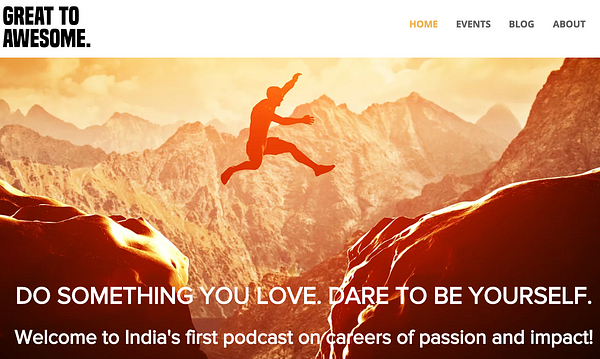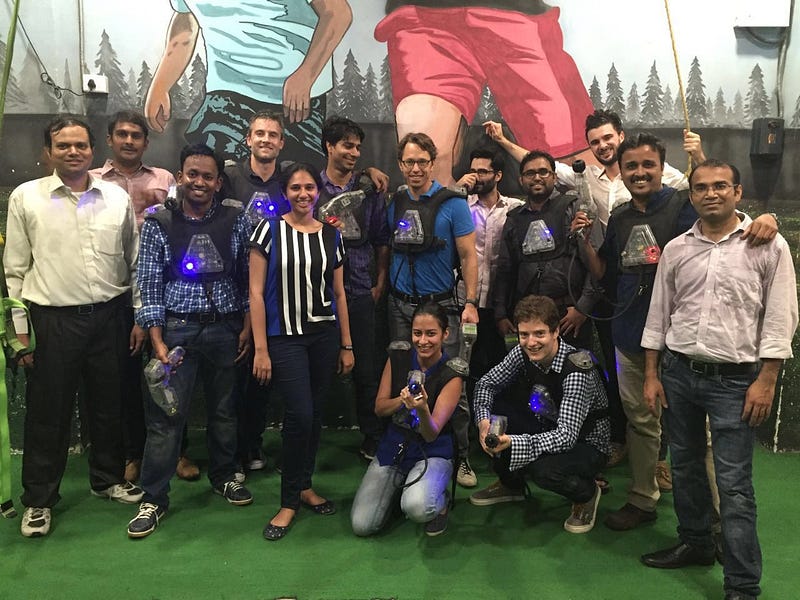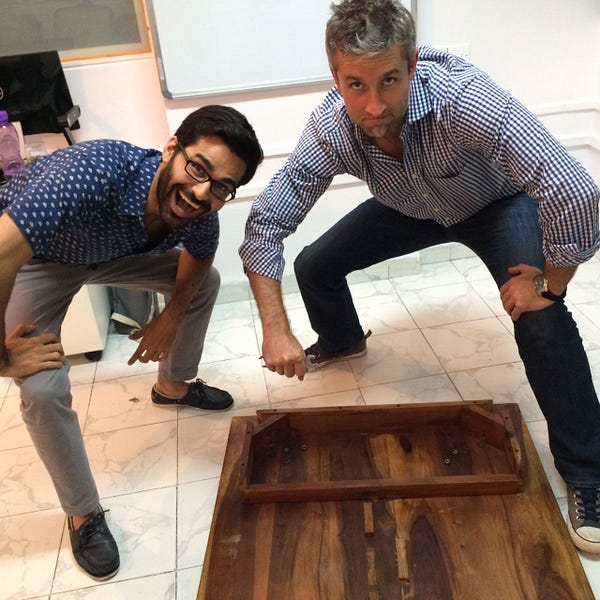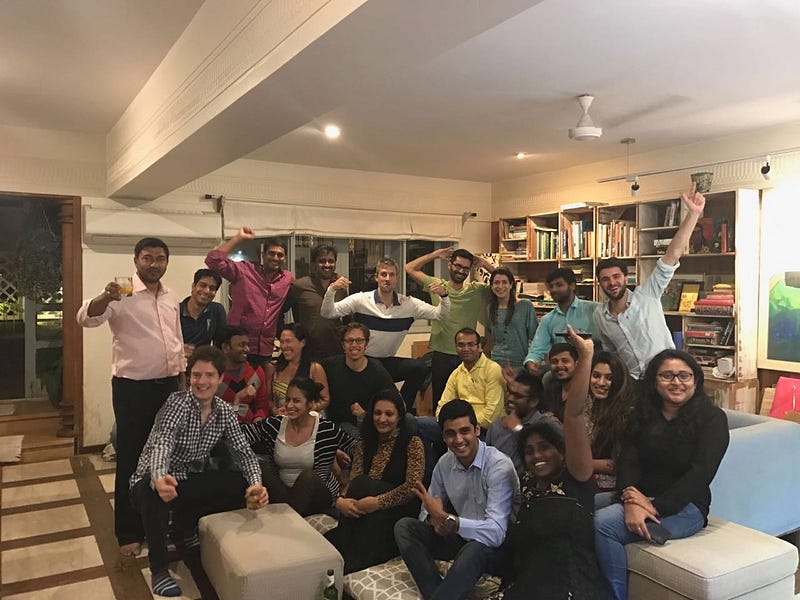Shortlist helps candidates find and apply to great jobs, and the best-fit candidates advance to interviews with employers. We’ve written a practical guide for job seekers like you, to make sure you put your best foot forward and feel prepared and confident for the big day! In this post, I’ll share tips for best practices during your interview. In case you missed them, check out the first two posts in this series — what to do before and during your interview.
So you just wrapped up your interview, and are feeling great about it! What can you do post-interview to seal the deal?
1. Take stock of your performance, and of your experience
Dedicate ten minutes to jotting down what you think went well, and what you could improve on the next time. If you were caught off-guard by any of their questions, take note so you can prepare an answer for future interviews.
Make sure you take time to reflect on how you felt about the experience, as well. Could you see yourself thriving in their office and working with the interviewers you met? If for some reason you feel you are no longer a fit, better to let them know now instead of at the end of the process.
2. Follow up promptly and persuasively
Be sure to send a personalized thank you note to each of the interviewers you met with, customizing the e-mail to include what you talked about and what you learned from each person. This is a crucial step — while sending thank you notes won’t ensure you get the job, failing to send them will cause the employer to doubt your interest and professionalism.
3. If you get a rejection
Even though you’re disappointed, be sure to respond promptly, thanking them for their consideration. Reflect on any feedback they shared about your performance, comparing this with your original post-interview notes.
Remember that the chosen candidate may eventually not accept the job offer and you could just be up next on the list. The employer may retain your information for consideration whenever there are other suitable openings in the future. They may also consider you for a different role altogether, if you’ve shown that you might be a better fit for a different position.
Regardless, if this is a company you really want to work for, try to maintain a positive relationship with the employer. You never know what could happen!
4. If you get the job🎉
Congratulations! No doubt your interviewing skills and etiquette helped you clinch the job offer. Way to go!
We hope this blog series helped you set yourself up for interviewing success. Even if you did not get the job offer, you can still have the comfort of knowing you fully prepared and tried your best. We would love to hear from you! What other career-related topics you would like to learn about in our next series? Let us know on our twitter handle.
Still looking for a new opportunity? take a look at our current openings with our partner organizations:











































